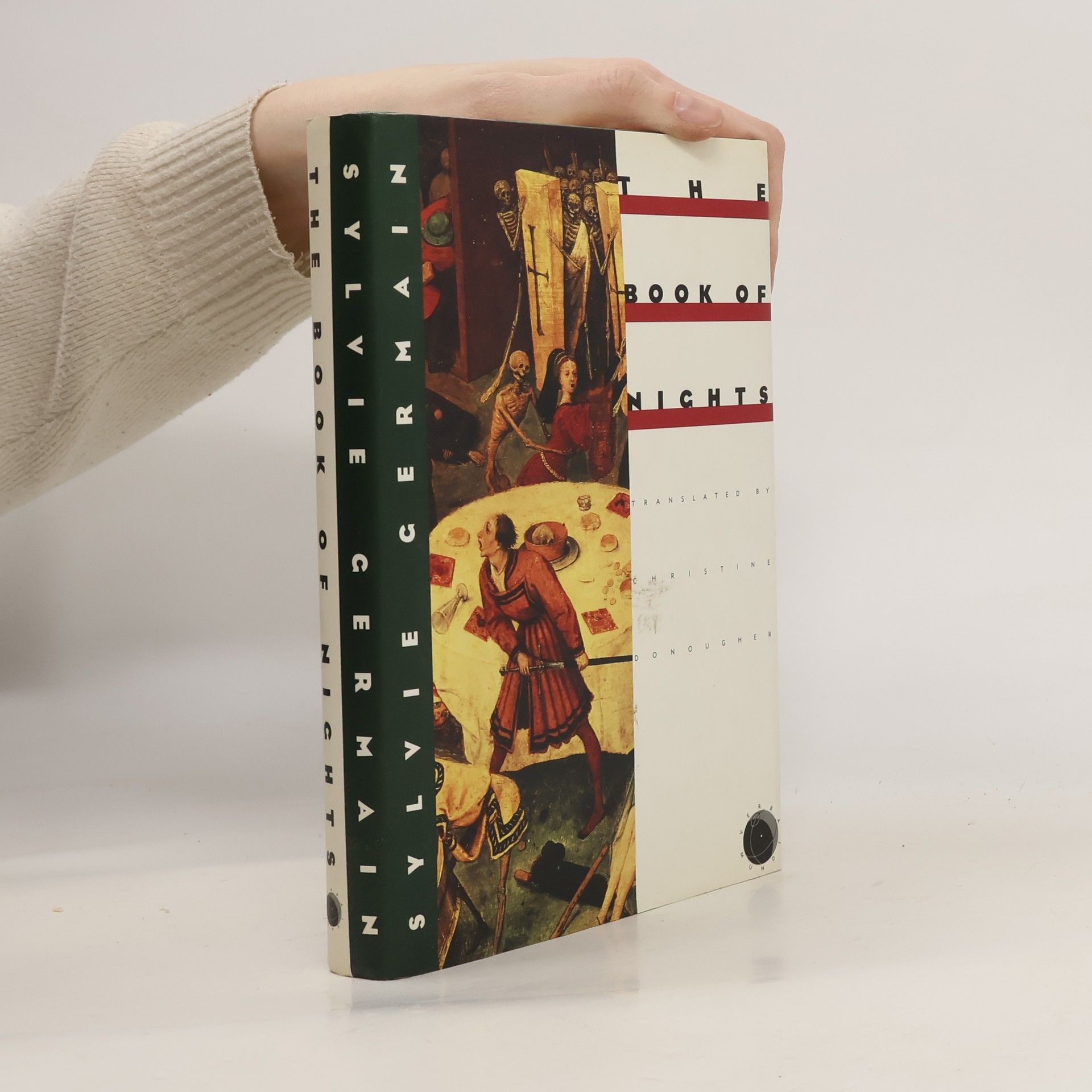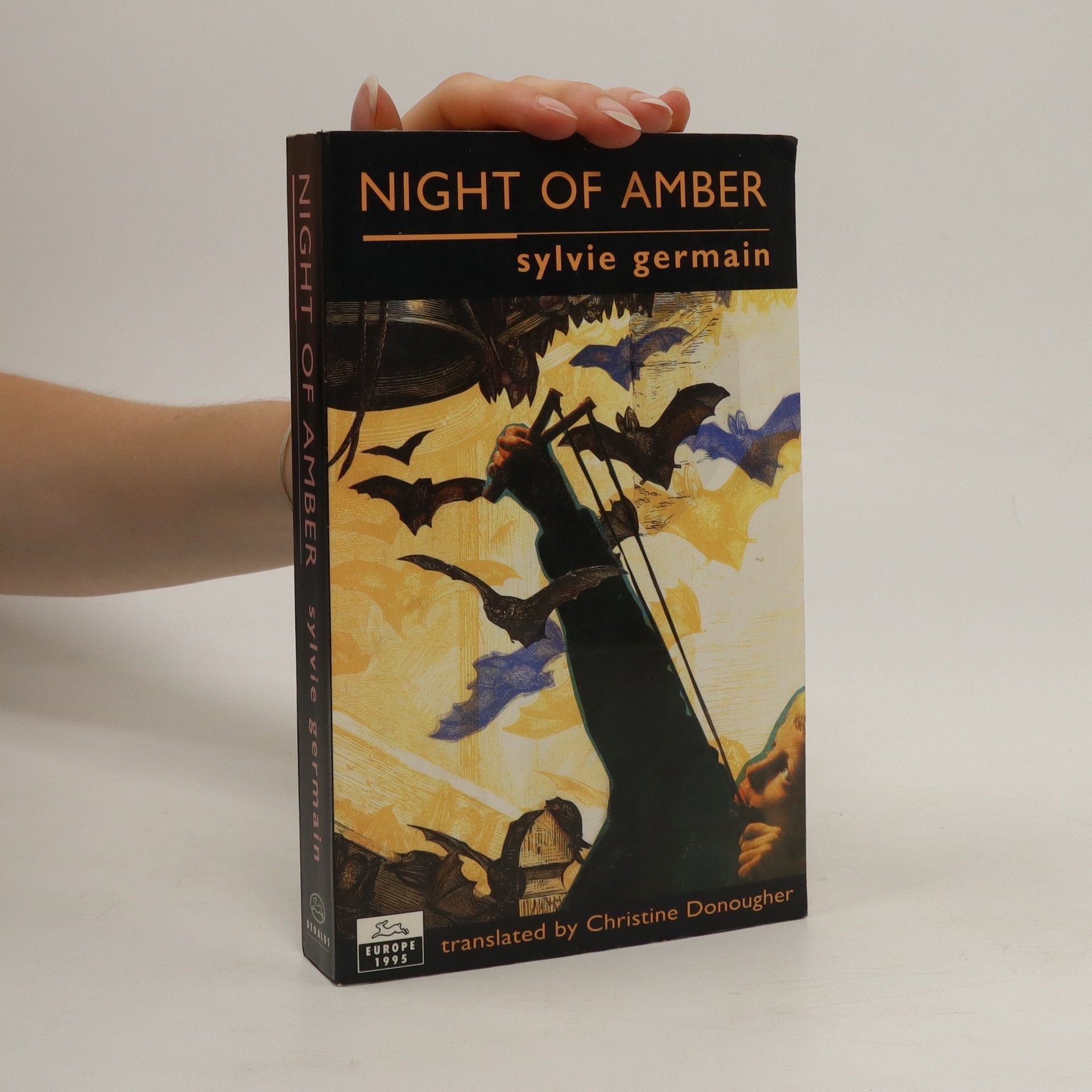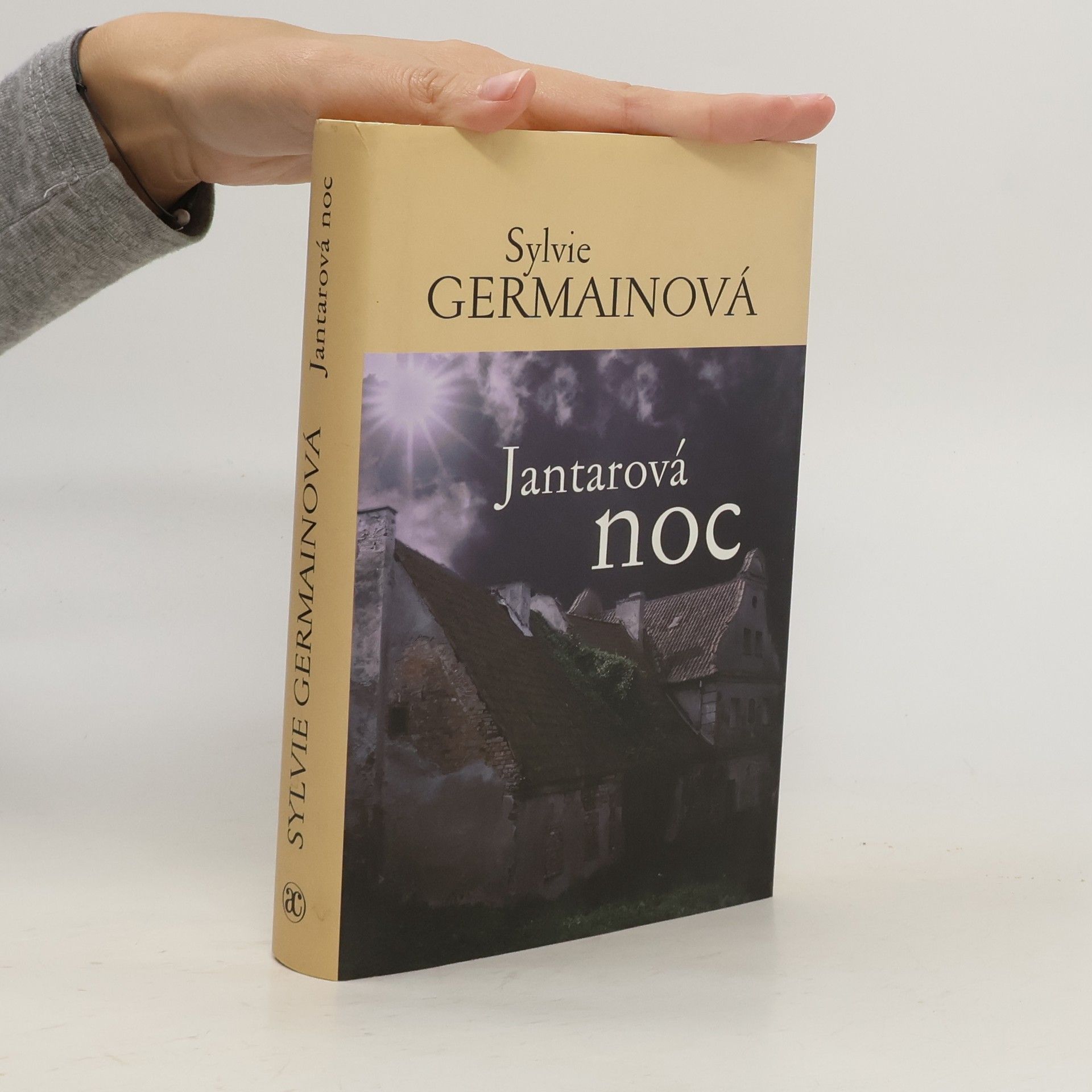The Medusa Child
- 246 páginas
- 9 horas de lectura
"Sylvie Germain's The Medusa Child beautifully translated from the French by Liz Nash, tells a heartbreaking and violent story about sin and redemption in fantastical language; a myth from la France profonde." Books of the Year in The Independent on Sunday 'Germain's language is redolent with decay, rich with religious torment and ecstasy, and filled with the decadence so loved by this publisher.' Time Out 'The Medusa Child is her most accessible novel, and my favourite. A coherent pattern of metaphor depicts an enchanted country childhood. Lucie explores the marshes around her home and studies the stars. But when she is given a room of her own, an ogre starts to pay her nocturnal visits. Helpless and alone, Lucie decides to fight back by turning herself into a monster. This is a superb and compassionate study of damage and resistance.' Michele Roberts in Mslexia









